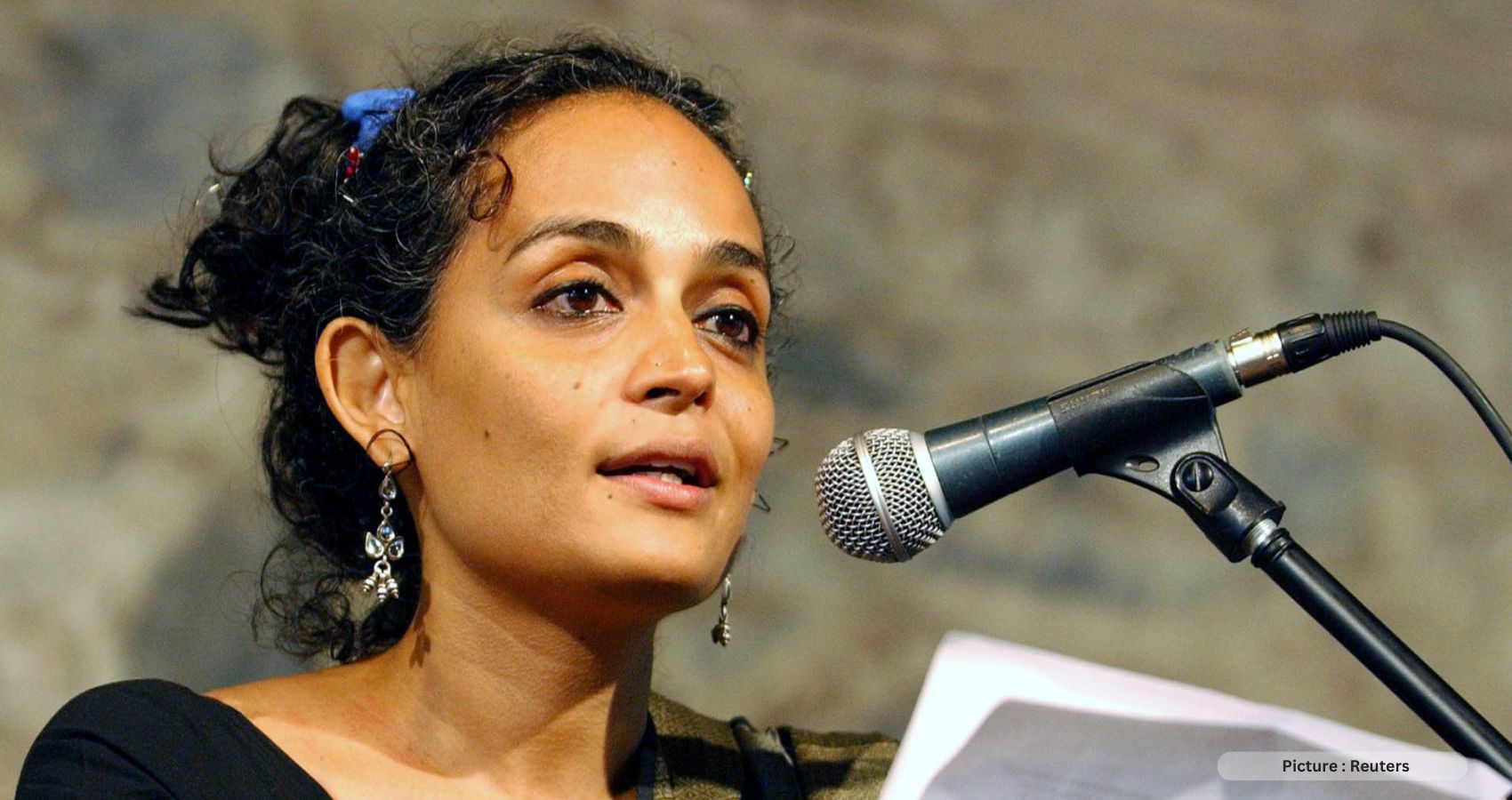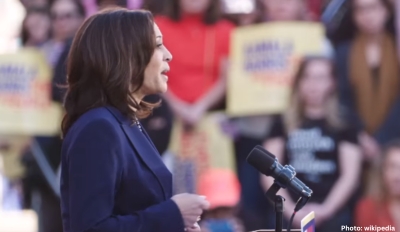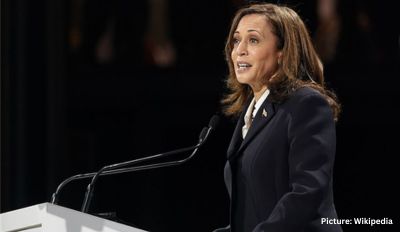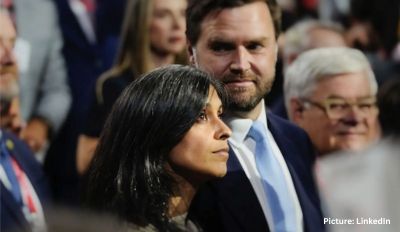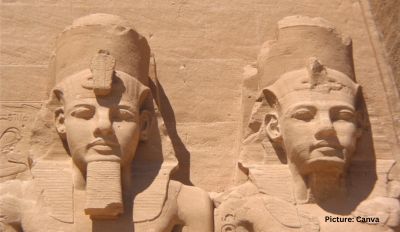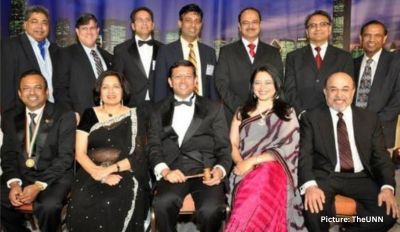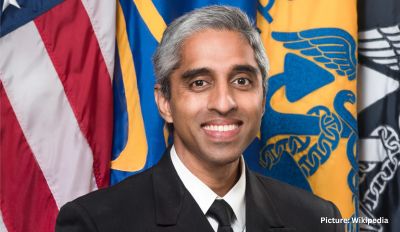Indian authorities have filed charges against the acclaimed author Arundhati Roy for public statements she made over a decade ago regarding the tumultuous Kashmir region, marking the latest development in the Indian government’s increasingly restrictive stance on free speech under Prime Minister Narendra Modi’s leadership.
Suman Nalwa, a spokeswoman for the New Delhi police, stated that the government had given approval for charges to be brought against Ms. Roy and Kashmiri law professor Sheikh Showkat Hussain. The charges encompass various sections of Indian law, including those related to provocative speech and the incitement of enmity between different groups.
The Lieutenant Governor of the Delhi region indicated that the government had contemplated pursuing a more severe sedition charge against Ms. Roy and Mr. Hussain in connection with a case originating from a complaint lodged in October 2010 by a right-wing Kashmiri Hindu activist against speakers at a conference on Kashmir.
However, no such sedition charge was filed, as India’s highest court is currently deliberating the validity of the colonial-era sedition law, which critics assert has been misused for decades to stifle dissent. The reason for the police’s decision to act on the activist’s complaint over a decade after its filing remains unclear.

The action taken against Ms. Roy, a prominent critic of Prime Minister Modi, and Mr. Hussain occurred shortly after New Delhi police conducted raids on the residences and offices of numerous journalists associated with an online news portal recognized for its critical stance on the Indian government.
Previously, the authorities had also targeted the organization NewsClick. However, their crackdown escalated following the publication of an article in The New York Times that revealed connections between an American tech mogul financing the website and the Chinese government.
On Tuesday, a New Delhi court denied bail to the founder of NewsClick and another individual linked to the website, ordering their detention for ten days. Both individuals, who deny any wrongdoing, face charges under the stringent Unlawful Activities Prevention Act, an anti-terrorism law. Many individuals charged under this law have spent years in detention awaiting trial.
Regarding the Kashmir conference-related case, Mr. Hussain, speaking from Kashmir, informed The New York Times that he had not received any formal communication regarding the charges. When asked for comment, Ms. Roy stated that she needed to consult with her lawyer before discussing the case.
Two other individuals accused in the activist’s complaint, Syed Ali Shah Geelani, a prominent figure in Kashmir’s separatist movement, and Syed Abdul Rahman Geelani, a former university professor, have since passed away. The two men were not related.
The conference, titled “Freedom — the Only Way,” took place in New Delhi on October 21, 2010. During that period, tensions in Muslim-majority Kashmir were running high after the death of a 17-year-old boy who was struck by a tear gas canister fired at close range by Indian security forces as he returned from a tutoring session.
The year saw a cycle of unrest in Kashmir that resulted in the deaths of approximately 120 demonstrators.
In a guest essay published in The New York Times that autumn, Ms. Roy described the turmoil, noting, “Since April, when the army killed three civilians and then passed them off as ‘terrorists,’ masked stone throwers, most of them students, have brought life in Kashmir to a grinding halt. The Indian government has retaliated with bullets, curfew, and censorship.”
In the complaint filed by the Kashmiri Hindu activist, it was alleged that several speeches at the conference, including Ms. Roy’s, had “endangered public peace and security” and that the speakers had advocated for the “separation of Kashmir from India.”
In her speech, Arundhati Roy, the Booker Prize-winning author of “The God of Small Things,” recounted an incident in which she was accosted by a television reporter who repeatedly asked her, “Is Kashmir an integral part of India?”
She responded, “Kashmir has never been an integral part of India. However assertively and frequently you ask me, even the Indian government has acknowledged that it is not an integral part of India.”
The Modi government, which assumed power four years after these events, has taken measures to bring the Kashmir region under direct control, revoking its limited autonomy and suppressing democratic principles and opposing voice

